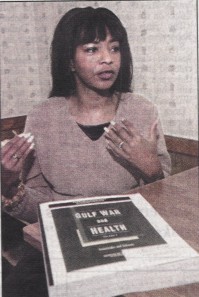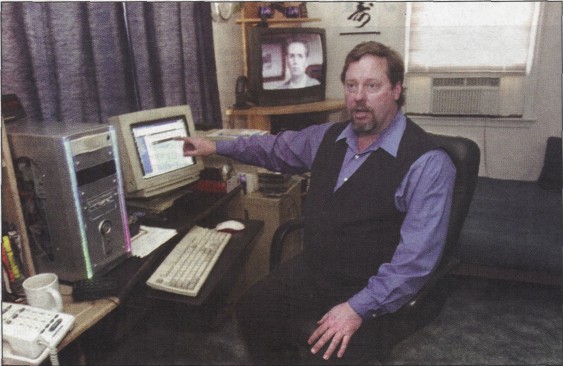 |
As the beat of war drums
continues, so does the
cadence inside a Mt. Jackson
residence as its occupants step up efforts to warn of invisible,
blistering and suffocating enemies Americans troops
may face on the ground in Iraq.
The two U.S. Army veterans were in
the Persian Gulf back in 1991 during the first war in the region,
where both say they were exposed to chemical and biological agents
that left them disabled.
Twelve years later, the military is
no better equipped to deal with these threats than it was the
first time, both say, and people are going to die.
|


